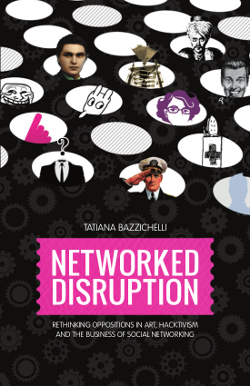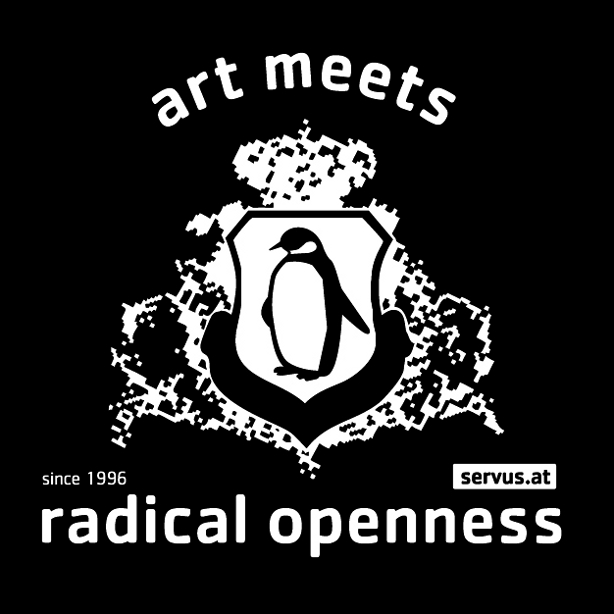
Networking Berlin: Mapping a City of Temporary Flows
On June 17, I have been invited at the 11th NECS Graduate Workshop for a Keynote Speech, at the Cattolica University of Milan, Italy.
NECS Graduate Workshop: Contemporary Perspectives on the City: Screen Media & Dwelling
JUNE 17-18, 2014, Palazzo del Canonica, Via Sant’Agnese 2 » Room SA.112 Frassati, Milan, IT
READ THE PROGRAMME »
The contemporary city represents a new context of experimentation in terms of languages of communication, aesthetics and media consumption. The most immediate result is a new sense of place, fed and inspired by a massive presence of screen media. Sentient city and Screencity are just some of the most recent formulations attempting to tackle the emerging trends taking place in the contemporary urban environment. Intercepting the research of media studies, (media) architecture, (post-)cinema studies, aesthetics, semiotics of space and philosophy, the workshop invites to focus on the multifaceted perspectives on the contemporary city. Moving images are presented quite ubiquitously by means of diverse devices, such as media-façades, media-buildings, mobile screen media, smartphones, etc. In this sense, the city is to be intended both as a text itself and as the place of the embodied experience. This highlights on the one hand the need of critical understanding of contemporary culture and politics as saturated by media technologies; on the other hand, the crucial role of the individual in his/her phenomenological dimension is underscored. Read more here.
Keynote Speaker: Tatiana Bazzichelli, Disruption Network Lab, Berlin

Networking Berlin: Mapping a City of Temporary Flows
Berlin is a city that changes constantly, and constantly remains the same. As the fictional city of Eutropia described by Italo Calvino in the Invisible Cities (1972), it can be considered as a multiple city that is ‘not one city but many, of equal size and not unlike one another.’ For many, Berlin is the city of flows, of the precariousness and the temporary. In her keynote presentation, Tatiana Bazzichelli will describe her activity as networker, curator and researcher during the past ten years in the city of Berlin. In her recent experiences as Postdoc Researcher at the Centre for Digital Culture, Leuphana University of Lüneburg, and as curator at transmediale festival, she worked by converging interdisciplinary fluxes—artistic, mediatic, political, economical, bodily. By running the reSource transmedial culture berlin (the initiative of transmediale that happens throughout the year in the city of Berlin: www.transmediale.de/resource), she has brought artists, cultural producers and activists into a dialogue crossing different practices and languages: from radio stations to exhibition spaces, from music venues to queer parties, from independent cinema projects to open source cultural spaces. By reflecting on the glocal character of a city of flows, this presentation focuses on the modalities of networking as a ‘montage method,’ interlinking hybrid disciplines, spaces, media and practices—applying an intermedia perspective, as previously artists and cultural producers from the Fluxus tradition have done.
The 11th NECS Graduates Workshop is organized with the support of ScreencityLab.
 Tatiana Bazzichelli – Networking Art
Tatiana Bazzichelli – Networking Art





 With Alessandro Delfanti, Pinar Yoldas, Salvatore Iaconesi, Rüdiger Trojok
With Alessandro Delfanti, Pinar Yoldas, Salvatore Iaconesi, Rüdiger Trojok